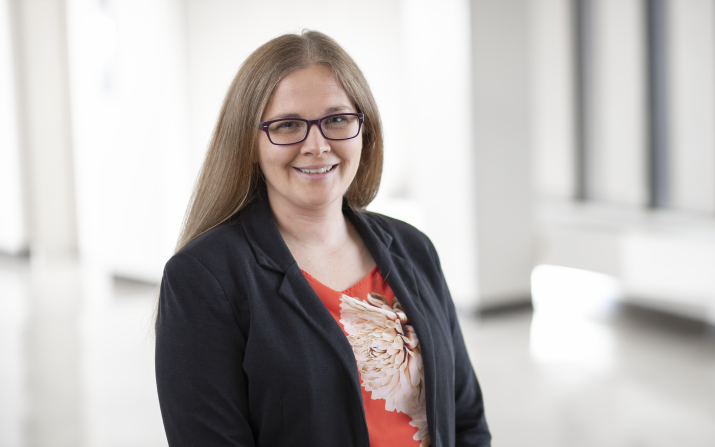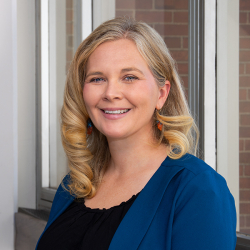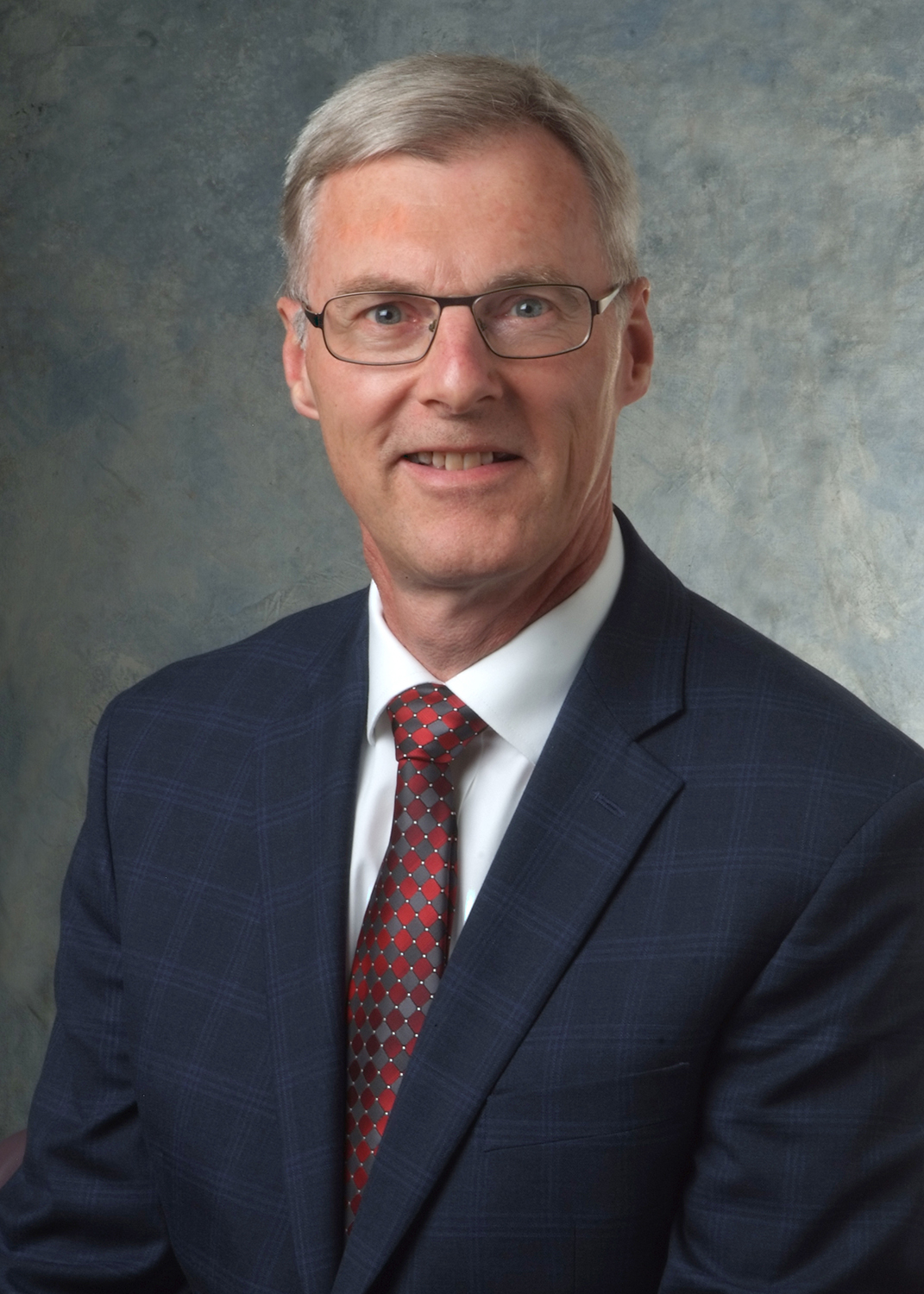Newest Materials Science & Engineering Faculty Member: Laura Bruckman

When Laura Bruckman was ten years old, she wrote in her journal that she wanted to be a scientist when she grew up.
As a high school sophomore, she took a chemistry course and “fell in love” with the field. She went on to major in chemistry at University of Michigan-Flint, where she did undergraduate research in biochemistry. She went on to get a Ph.D. in chemistry from University of South Carolina, defending her thesis, “System design, construction, implementation, and validation for rapid single-cell classification using imaging multivariate optical computing” in 2011. This research focused on building two optical instruments where she performed quantitative spectroscopy, feature extraction, classification, machine learning, and image analysis. This research led her to apply those tools to materials data science to understand how materials degrade in use conditions and predict lifetime so materials can last longer, thereby having less environmental impact.
Shortly after defending her thesis, Bruckman came to Case Western Reserve University’s Department of Materials Science and Engineering as a postdoc scholar. She became a research faculty member in 2014 and a tenure-track faculty member in 2022.
Throughout her time at CWRU, Bruckman has focused on developing predictive lifetime models for materials degradation related to stressor conditions and induced degradation mechanisms evaluated by quantitative spectroscopic characterization of materials. She was instrumental in developing the Center for Materials Data Science for Reliability and Degradation (MDS-Rely), a National Science Foundation Industry University Cooperative Research Center between CWRU and University of Pittsburgh that focuses on using data science to develop a better understanding of the reliability and lifetime of essential materials. In addition to her passion for her research, she enjoys working with her collaborators at CWRU.
As a tenure-track faculty member, Bruckman looks forward to continuing her research. She is developing new research efforts related to additive manufacturing of polymers and metals in order to understand how building structures affect their overall lifetime. Her new lab will be located on the fifth floor of White. Bruckman expects materials graduate students to use the instrument to test samples and hopes that it can be a resource for researchers in the Solar Durability and Lifetime Extension Center, Advanced Manufacturing and Mechanical Reliability Center, and the Swagelok Center for Surface Analysis of Materials.
Since 2014, Bruckman has been teaching DSCI 352/452: Applied Data Science Research, DSCI 354/454: Data Visualization and Analytics, and EMSE 125: Freshman Research in Materials Science and Engineering. As a tenure track faculty member, she will continue teaching these courses and looks forward to implementing the HoloLens module into DSCI 354/454 in Fall 2022 for mixed reality data visualization. This data visualization course was developed by Bruckman after she noticed the difficulty of effectively visualizing data in existing materials data science courses.
Professor Roger French, who has closely worked with Bruckman since she first came to CWRU, praised her as “an able and flexible collaborator with really great ideas.”
"I look forward to seeing the innovative, outside-the-box collaborations (Bruckman) will surely develop in the future,” French added.
Bruckman is currently hiring additional Ph.D. students and will be continuing her work on materials degradation and modeling with the students she hires.
Boasting over 800 citations, 32 journal articles, and 39 proceeding articles, Bruckman’s impact on the materials data science community goes beyond CWRU. She currently serves on the United Nations Environmental Programme, Environmental Effects Assessment Panel (EEAP) author and will be traveling to Europe in Fall 2022 for their meeting. She is a Department of Energy appointed member of the International Energy Agency Photovoltaic Power Systems Programme (IEA-PVPS) Task 13, which focuses on the performance and reliability of photovoltaic systems.
"Our department most highly appreciates Laura's pioneering, passionate, and outgoing engagement in the emerging area of materials data science and her outstanding talent as educator,” said Frank Ernst, chair of the Department of Materials Science and Engineering.


